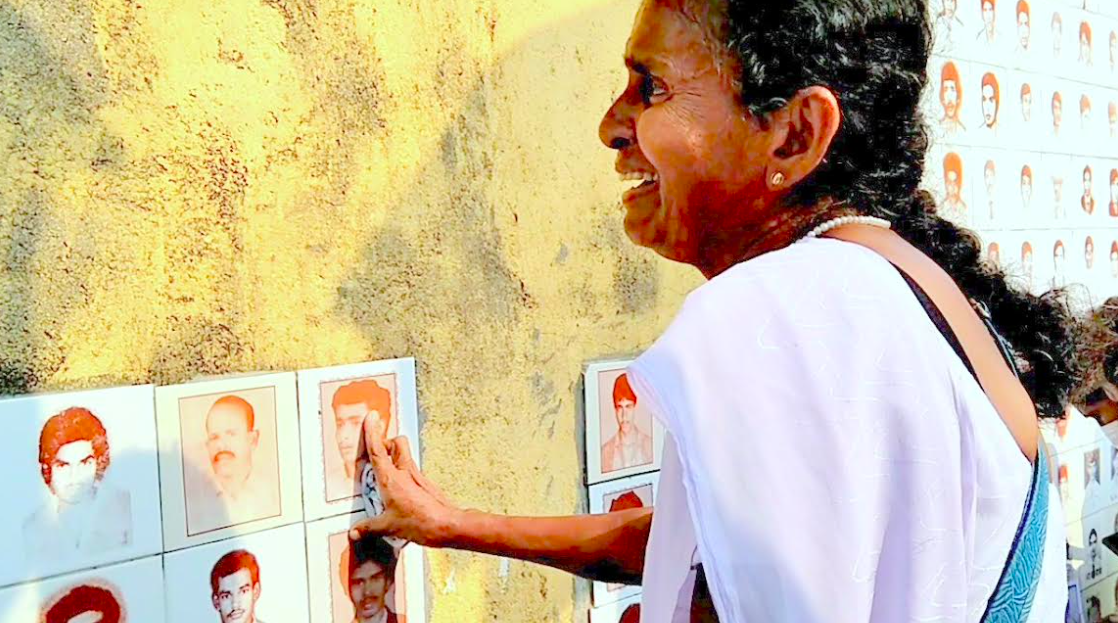Catholic and rights groups demand the right to intervene in the unity bill debate
A unity bill has been proposed to promote ethnic, religious, and social harmony 14 years after the end of the civil war, but the Office for Missing Persons, the Office for Restorative Justice, and the Truth, Unity, and Reconciliation Commission are not represented on the council that proposed it. For the director of the diocesan Human Rights Office in Kandy, “National reconciliation cannot be enforced from the top down”.
Colombo (AsiaNews) – Sri Lanka’s Catholic Church has joined several human rights organisations to engage the Sri Lankan government as well as the country’s various ethnic and religious groups in a broader debate over a proposed piece of legislation on national unity and reconciliation, called the unity bill, proposed by the Office for National Unity and Reconciliation (ONUR) to promote ethnic, religious, and social harmony 14 years after the end of the civil war.
“National reconciliation cannot be enforced from the top down,” said Fr Nantana Manatunga, director of the Human Rights Office (HRO) at the Diocese of Kandy. The process must be voluntary and involve “opposition political parties, particularly those representing minority ethnic and religious communities, as well as civil society”.
The ONUR is tasked with making crucial recommendations to the relevant authorities on how to achieve national unity, reconciliation, and lasting peace in the island nation.
“Unfortunately, the potential importance of this new institution appears to be underestimated by the government, its policymakers, and the law’s drafters,” said Father Nandana Manatunga, director of the Human Rights Office (HRO) at the Diocese of Kandy.
The law itself might hinder the reconciliation process. Both Sinhalese and Tamils in the north and east of the country do not consider themselves a single nation, which fuels mutual distrust, which might undermine the unity bill.
A total of 25 civil society groups – including several Catholic associations and organisations – have submitted a petition on 8 January calling for wider involvement.
“We urge the government to engage with opposition political parties, particularly those representing minority ethnic and religious communities, as well as civil society, to establish a multi-partisan consensus encompassing pluralistic values on the path to making this a true reconciliation process for national unity,” the petition reads.
The Catholic and human rights groups have also expressed concern over the process of selecting ONUR board members.
“Appointments to the ONUR board should be multi-partisan, representing the diversity of our nation. The chairperson's indefinite term is inadvisable; we need inclusive appointments for a unified vision," they say.
The proposal to the government calls for the inclusion in the ONUR Council of representatives of the Office for Missing Persons, the Office for Restorative Justice, the NGO Secretariat, and the Truthfulness, Unity, and Reconciliation Commission.
For the Centre for Policy Alternatives (CPA), the parliamentary debate over the bill coincides with growing concerns over ethnic nationalism expressed by some in the country.
“Victims are sceptical, fearing the bill may impose the government's narrative, potentially silencing alternative voices. Genuine national unity requires more meaningful efforts," the CPA noted.
10/11/2018 11:57







.png)










